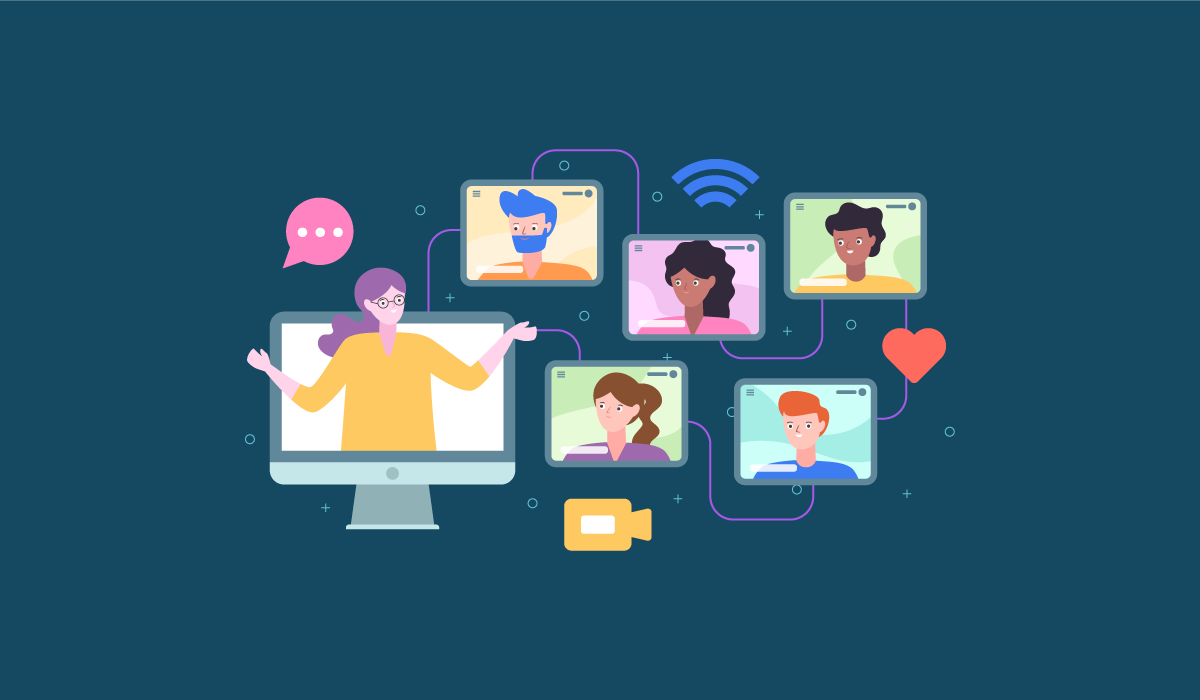We are aware of the phenomenon of interconnection through the internet, the same one that allows the new information and communication technologies (ICTs) to advance at a dizzying pace, bringing with them new teaching methods and learning processes that have a direct impact in the sectors where we develop our technological innovation projects.
ICTs refer to the set of tools related to the transmission, processing and digitized storage of large amounts of information that are characterized by being multiplatform content, broadcast both by traditional media such as television and radio, and convergent as digital newspapers. They carry out their activity in the use of information technology to transform, manage, protect, disseminate and locate the necessary data of any human activity, which represents business advantages, in any type of economic sector.
The use of ICTs is a very important reference to measure the level of development of a country and to establish human relationships. Given their dual nature, ICTs can be classified according to their use, using it as a means of information and/or entertainment. In any case, it is the users' task to offer and search for quality content, since they are the ones who establish and demand the type of content they want.
From this point, we talk about the implication of new technologies within the social construction, and the new relationship-communication paradigm, which implies migrating our need to search for information to digital environments. From this point, we talk about the implication of new technologies within the social construction, and the new relationship-communication paradigm, which implies migrating our need to search for information to digital environments. The audience must be creatively trained to demand quality content. Faced with this situation, companies use e-learning as a multi-thematic training system that is carried out through the Internet and / or connected to the network. This type of training represents an opportunity to spread the use of ICT among its workers and provide them with a space to stimulate continuous learning and knowledge management of the company among the different teams that comprise it.
Among the advantages of using e-learning are the reduction in the cost of training, immediacy and flexibility. In addition, it is important to mention that they promote self-training and avoid direct dependence of the user with respect to the teacher, teamwork is encouraged, and the use of audiovisual tools, necessary to disseminate information on digital channels that we can find today . ICTs provide the individualization of teaching where each one can use the materials most in line with her and her personal rhythm, helping, for example, the user to self-assess their knowledge while having greater contact with the tutor in charge. The flexibility of schedules and the disappearance of geographical barriers are some of the greatest advantages of e-learning.
New technologies provide education professionals with multiple resources for training, in addition, they allow the worker to continue training through on-line courses and other information that can contribute to improving their professional skills. At Ad Maiorem we have a culture that is based on technological projection and innovation, through which we consolidate sustainable projects in an environment of constant change. For this reason, our training policies ensure that our team participates in continuous training processes in hard & soft skills, ideal for channeling and directing their experiences and knowledge to strengthen personal relationships within our work team.
Ad Maiorem Consulting
Your gate to the future!
Buscar
Categorías
Categories
Archivos
Archives
The information contained in this document is informative in nature about the activities of the company. It contains general aspects and does not express any desire to provide specific third party data. We cannot guarantee that the data provided will be up to date in the near future. In this sense, if there is a willingness to use them, it is recommended to take the content as a reference and carry out its timely verification. For these purposes, we are at your disposal.
Share this article with your contacts!
© Copyright 2023 – Ad Maiorem Consulting. All rights reserved. Ad Maiorem Consulting is a brand that refers to one or more member companies at a global level, each of which is a legal and independent entity in the country in which it is located, without constituting an international company. Ad Maiorem Consulting offers consulting services in technology, engineering and innovation to its clients.
European Regional Development Fund
A way to make Europe






